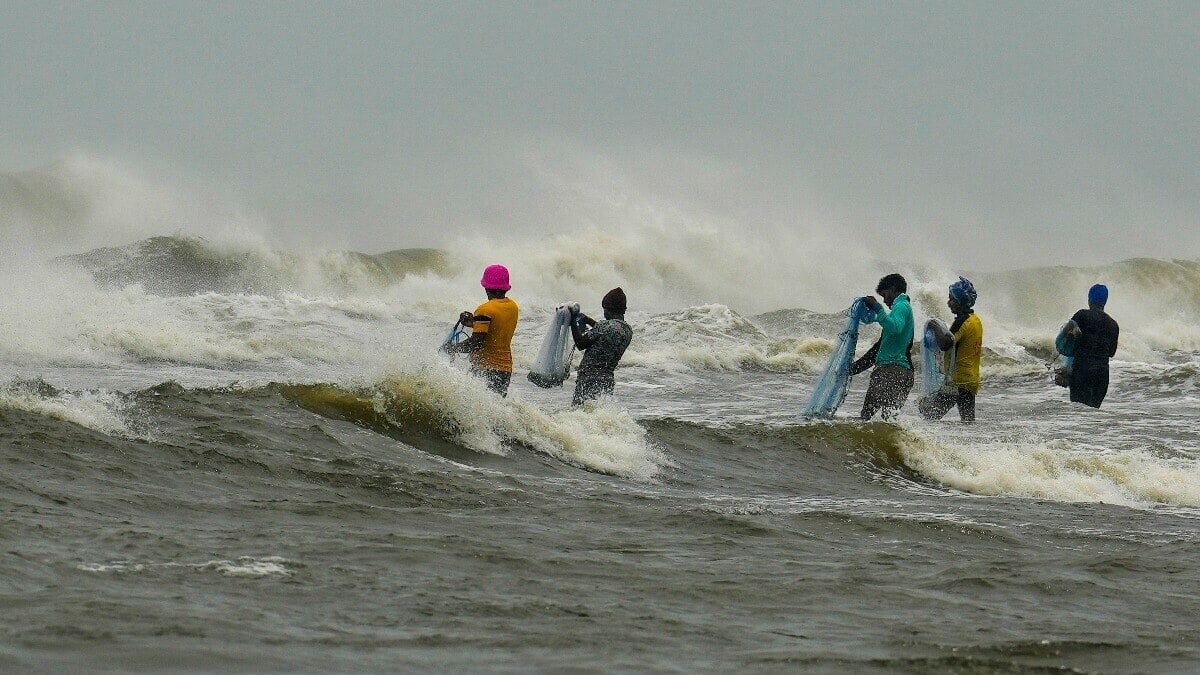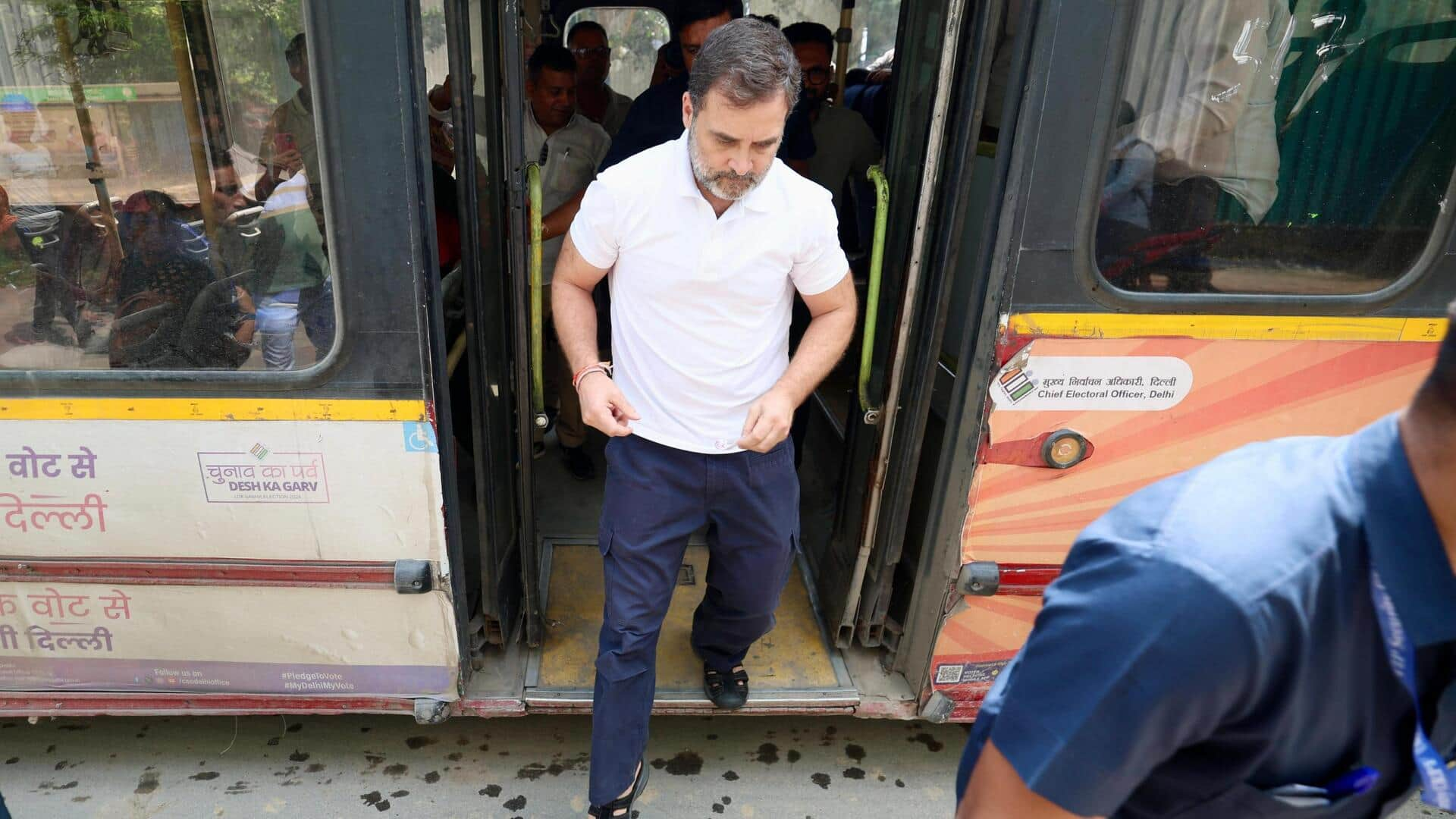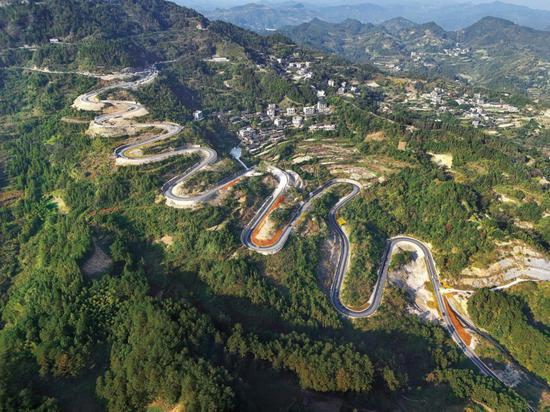The two most important jobs of any prime minister are to maintain the unity of the country and the flow of trade with the United States. An explosive new 25 per cent tariff threat on all Canadian goods exported to the U.S.
by incoming president Donald Trump has done more to unite the country around this existential economic threat to our prosperity. Read this article for free: Already have an account? To continue reading, please subscribe: * The two most important jobs of any prime minister are to maintain the unity of the country and the flow of trade with the United States. An explosive new 25 per cent tariff threat on all Canadian goods exported to the U.

S. by incoming president Donald Trump has done more to unite the country around this existential economic threat to our prosperity. Read unlimited articles for free today: Already have an account? Opinion The two most important jobs of any prime minister are to maintain the unity of the country and the flow of trade with the United States.
An explosive new 25 per cent tariff threat on all Canadian goods exported to the U.S. by incoming president Donald Trump has done more to unite the country around this existential economic threat to our prosperity.
No other issue commands such an overwhelming political consensus across the country than free trade with the U.S. It is why every prime minister since 1984 has fought to keep it.
Despite our own protectionist dairy supply management, Canadians know what butters our economic bread. The legacy of Brian Mulroney, Canada’s original free trade prime minister who died earlier this year, is bumping up against that of Canada’s current prime minister. Down and all but out in the polls, Prime Minister Justin Trudeau has a final chance to burnish his own legacy — as the prime minister who saved free trade not once but twice from Donald Trump’s America First economic vandalism.
The Canadian Press Deputy Prime Minister Chrystia Freeland and Public Safety Minister Dominic LeBlanc speak with reporters on Wednesday. Freeland, Prime Minister Justin Trudeau and other federal officials held an emergency meeting with premiers to discuss U.S.
President-elect Donald Trump’s threat to impose tariffs on Canadian goods once he enters the White House. Recall that Trudeau showed his own superior prime ministerial chops during their respective first terms. He skilfully navigated his way through the president’s impulsive and erratic first term White House to successfully land a revised, but still intact United States-Mexico-Canada Agreement.
Trudeau needs to reactivate this version of himself, and then some, if he is to preserve free trade for Canadians against this new, insidious Trump tariff threat. Never mind that the new president would be breaching the three-country trade agreement with this tariff action. He doesn’t care.
Trump 2.0 is demonstrably different from the original model. Freshly energized, emboldened, and aggrieved, he is coming into office with vastly superior political capital than our current prime minister holds, likely going out of office.
Trudeau 1.0 will not succeed in this new reality. Here’s four things a Trudeau 2.
0 can and should do in response. First, recognize this is all about borders. We want soft borders for trade and Trump wants hard borders for illegals — drugs and people.
Like it or not, the issues are linked. Hardening the borders for illegal migrants and dangerous drugs cannot be avoided. Frankly, this is what good neighbours do to keep the neighbourhood safe.
It is also not new. In the wake of the 9/11 terrorist attacks, politicians and business leaders on both sides of the border expounded on the need for a North American security perimeter to maintain two-way trade flow. We worked through that then; we can work this latest iteration now.
Second, break down the intergovernmental borders and create an actual integrated Team Canada. This week’s First Ministers’ Meeting (FMM) was a good and necessary start to begin co-ordination of messaging and actions. Winnipeg Jets Game Days On Winnipeg Jets game days, hockey writers Mike McIntyre and Ken Wiebe send news, notes and quotes from the morning skate, as well as injury updates and lineup decisions.
Arrives a few hours prior to puck drop. Dust off the early pandemic playbook of 2020 and schedule these as weekly sessions to share information and plan strategy. Create four working groups with premiers — on migrants, drugs, trade, and communications — each co-chaired by a designated premier and the relevant federal minister to develop tangible action plans to respond to the Trump tariff threat.
Report to the full FMM for joint deliberation and action. Use this forum to map out our lobbying strategy, pre- and post-inauguration. We are already seeing some premiers — Ontario’s Doug Ford and Alberta’s Danielle Smith — freelancing on Canadian negotiating strategy.
A revamped Team Canada will rein this in. Third, bring business and labour to the table now. Orchestrate a massive public business and labour lift to lobby U.
S. politicians, business and labour interests, and the Trump White House to make clear what’s at stake — for them, not just us. ‘Flood the zone’ with real tariff impact stories on state business and workers.
Send delegations at every level. Call upon premiers to establish similar lobbying tables within their jurisdictions to go after every border state governor — past and present — who can sway ‘Trumpland.’ Fourth, play the long game and use this as a wake-up call to tackle the bigger, structural economic issues facing Canada.
Create a new competitiveness and productivity council of federal ministers, business and labour leaders, and economic experts to engage them in lobbying ‘Trump World’ now but, more importantly, begin the essential longer-term work of shoring up our domestic economic position against the reality of a more protectionist America and uncertain world trading order. We need to become much more economically resilient than we are. That means rectifying the structural weaknesses of wealth generation, declining labour productivity, and low gross domestic product per capita.
“Good fences make good neighbours” wrote Robert Frost in his 1914 classic poem. This remains a durable metaphor for the Canada-U.S.
relationship. It is time to mend our shared border wall to keep the gateway to trade wide open. David McLaughlin was chief of staff to prime minister Brian Mulroney and a former deputy minister of intergovernmental affairs in Manitoba and New Brunswick.
Advertisement Advertisement.
Top
Building fences to make good trading neighbours
The two most important jobs of any prime minister are to maintain the unity of the country and the flow of trade with the United States. An explosive new 25 [...]










